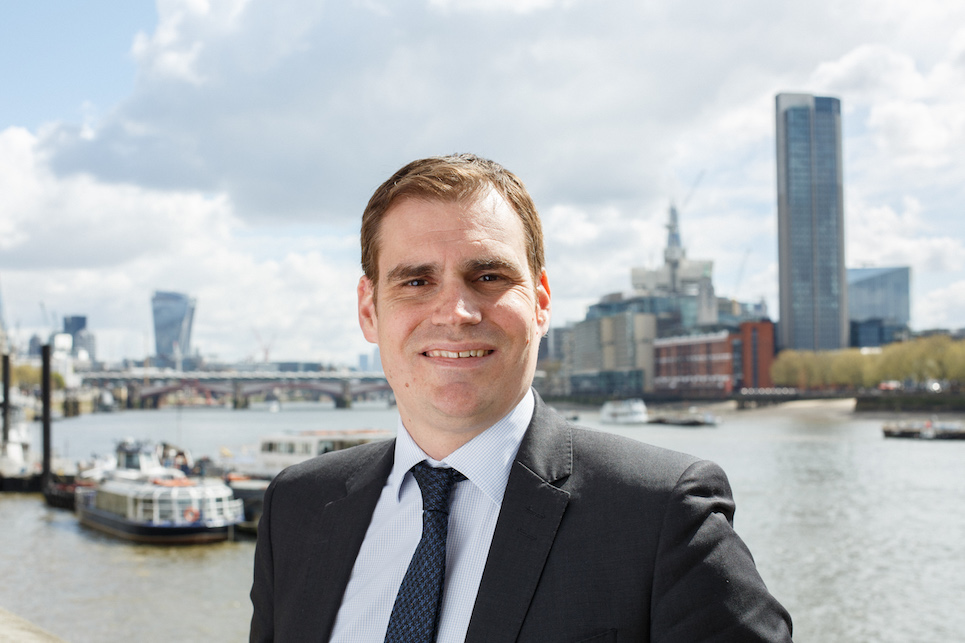Post - Blog

By Tom Greatrex , Chief Executive of the Nuclear Industry Association

EU-PVSEC 2026
The recent report of a UK Citizens’ Assembly, established by a number of select committees to get views on climate change and how to meet net zero, revealed an appetite and push for real action – more electric vehicles, decarbonising home heating, and stopping burning fossil fuels as the main way to generate electricity. Political scepticism about how far people are prepared to see big changes to decarbonise will be partly assuaged by the findings.
When it comes to how we get the energy to enable decarbonisation, though, there remains a very real gap in public understanding of what is required. While many support the escalation of weather dependent low carbon power sources of wind and solar, the firm power required to complement it appears to be both less well understood and, in headline terms at least, less popular. Yet those choices will need to be made if net zero – and a faster transition to phasing out the use of fossil fuels – has any chance of becoming a reality. To do that then emissions free, reliable and secure nuclear power will be required alongside wind and solar, to phase out fossil fuels and secure a green recovery.
As the Committee on Climate Change has shown, net zero means four times as much clean power as now for the UK to stop burning polluting fossil fuels. The CCC also said that 38 per cent of that needs to come from firm sources, that are always on and not weather dependent. Nuclear is the only proven source of firm low-carbon power in the UK.
Experience at home and abroad has shown that if nuclear power goes offline, it is burning carbon-heavy gas that fills the gap. When Hunterston B nuclear power station in Ayrshire was offline, gas generation at Peterhead in the northeast of Scotland doubled. Emissions rose, and Scotland missed its emissions reduction targets. Germany, which has invested heavily in renewable technologies, is busily mining and burning lignite (a particularly polluting coal) to produce the power needed for manufacturing industry.
There is a sad irony, not lost upon the leadership of the German motor sector, that they are busy developing electric vehicles – to be powered domestically by electricity generated by burning fossil fuels. Emissions in Germany have hardly fallen as a result of expanding wind and solar at the same time as accelerating the closure of nuclear plants.
By contrast, Poland recently announced a determination to move away from burning indigenous coal, and avoid the prospect of importing gas from neighbouring Russia, while tackling emissions. While energy security is a significant driver in their thinking, it is the Polish climate ministry announced plans to spend around £30 billion constructing new nuclear power stations, and more than £25 billion on offshore wind. It shows an understanding of the reality we face: to decarbonise fully and deeply, we need bold investment in all proven low-carbon technologies, including nuclear. We need firm and intermittent power sources working together to cut emissions.
Our grid is not as dirty as Poland’s, but we will require major low-carbon investment to stop using fossil fuels. We regularly burn gas for the majority of our electricity, and our existing low-carbon capacity is ageing. All but one of our current nuclear fleet, representing 7 GW of always available low-carbon capacity, will retire by 2030. To give a sense of scale, Poland’s investment will create 6-9 GW of new nuclear capacity. That would only mean standing still in the UK.
So while we have made significant progress in getting more renewable generation on the grid, it is simply not possible to decarbonise power, heat and transport with wind and solar alone. If we want to introduce millions of new electric vehicles, we have to provide reliable, clean power to charge them day and night. If we want to electrify homes, we need reliable, clean power for the dark winter nights as well as for the hot summer days. We now need a sense of purpose and an urgent application to getting low carbon generating capacity built – nuclear power, complementing wind and solar to phase out fossil fuels.
If we do that, not only can we achieve net zero, but we can create the skilled, long term jobs as part of a green recovery. With nuclear investment, we can preserve and enhance the UK’s world class engineering, manufacturing and construction skills base and provide employment, apprenticeships and new skills for thousands of people. Each large-scale nuclear project, for instance, generates about 20 000 jobs in construction and drives growth across the supply chain.
Nuclear workers are some of the most productive in the country, with a Gross Value Added per worker of nearly £100 000, and they are at the cutting edge of research and development. This kind of green investment in our infrastructure and our communities is a ‘no regrets’ option as we pursue a net zero future.
In reading the report of the Citizens’ Assembly it is heartening to recognise the widespread interest in ambitious solutions to the climate crisis and desire to see a sense of purpose and ambition in making progress towards net zero. It is, however, disappointing to see that what this model of engagement was touted as delivering – an understanding of the complexity of decisions that need to be made – is all but absent when it comes to the future power mix.
There are two lessons in this – firstly, for experts, industry and decision makers to have to communicate much more effectively on the reality of the challenges and the choices they open up. Secondly, that simplistic statements of the impossible made either through wishful thinking or wilful ignorance will not aid decarbonisation – but only increase reliance on burning fossil fuels and the emissions that come from them. Being careful what you wish for was never a more appropriate adage.
